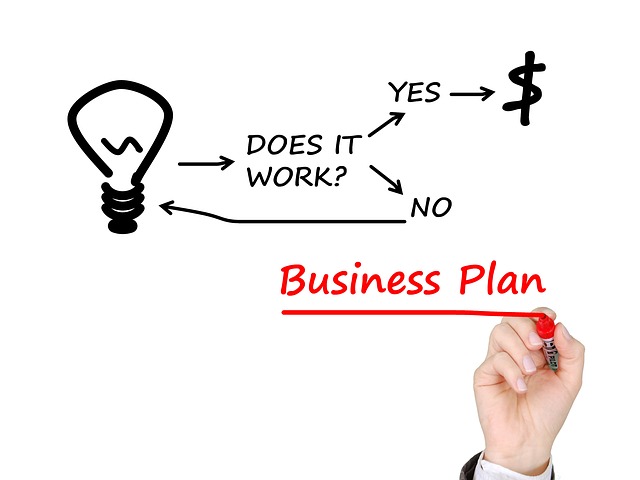The Lean Startup is a book by Eric Ries that outlines a new approach to building and growing successful businesses. It argues that traditional business planning, which is based on forecasting and long-term planning, is no longer effective in today’s fast-paced and uncertain business environment. Instead, Ries advocates for a lean startup approach, which focuses on rapid experimentation and iteration in order to quickly validate and improve upon business ideas.
One of the core principles of the lean startup approach is the idea of the minimum viable product (MVP). An MVP is a version of a product or service that has just enough features to be able to be released to a small group of customers and gather valuable feedback. This allows businesses to test their assumptions about their product or service, and make necessary changes based on real-world data and customer feedback.
Another key principle of the lean startup approach is the “Build-Measure-Learn” feedback loop. This process involves building a small, experimental version of a product or feature, measuring its performance through data and customer feedback, and then using that information to inform future decisions and improvements. This process is repeated continuously, allowing businesses to quickly adapt and iterate in response to changing market conditions and customer needs.
In addition to these principles, Ries also emphasizes the importance of continuously gathering and analyzing data in order to make informed decisions about the direction of the business. He argues that this data-driven approach allows businesses to make decisions based on real-world evidence, rather than relying on assumptions or gut instincts.
Another key aspect of the lean startup approach is the emphasis on fostering a culture of continuous innovation and experimentation within an organization. This involves encouraging employees to take risks, embrace failure as a learning opportunity, and continuously seek out new ways to improve and grow the business.
The Lean Startup provides a framework for building and growing successful businesses in a fast-paced and uncertain environment. Its principles of rapid experimentation, MVPs, the “Build-Measure-Learn” feedback loop, and a culture of continuous innovation and learning can help businesses validate their ideas, gather valuable customer feedback, and make informed decisions about the direction of their business.

9 Key Takeaaways from The Lean Startup for aspiring entrepreneurs:
- Validate your business idea before investing significant resources into it.
- Use customer feedback to continuously improve and evolve your product or service.
- Focus on creating a minimum viable product (MVP) that addresses the needs of your target market.
- Use data and experimentation to make informed decisions about the direction of your business.
- Embrace the idea of continuous innovation and iteration.
- Use agile development methods to quickly and efficiently bring new products or features to market.
- Don’t be afraid to pivot your business strategy if necessary.
- Use the “Build-Measure-Learn” feedback loop to guide decision-making.
- Foster a culture of experimentation and learning within your organization.












